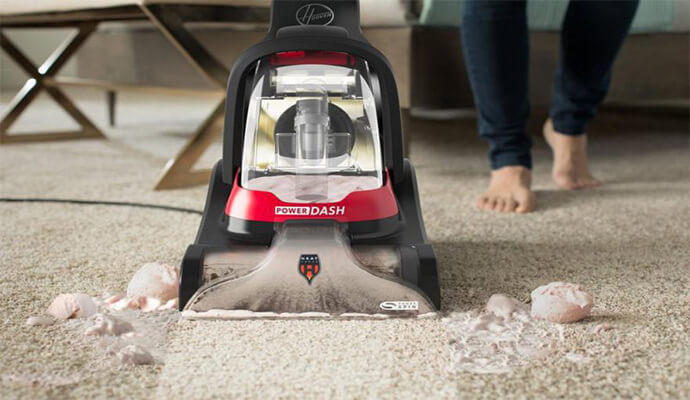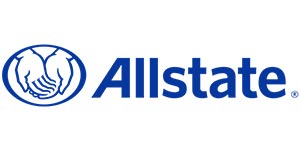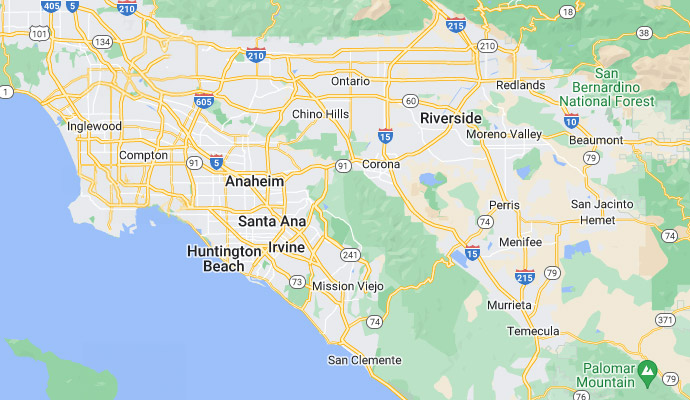
Ice Cream, Lemonades, and Water Damage
Summer is here, which means everyone’s home again! Suddenly, you are back to a house full of children and young adults back from college. You go for a maintenance period, so does your home. There will be more pressure on your pipes as there are more people in your house.
Summer is the most humid season in many areas of the U.S. It rains heavily in summer, especially in hurricane season and monsoon season. Heavy rainfalls may lead to a higher risk of flooding. These humid weather conditions make your home more exposed to water damage which is a scary reality. Get ahead of possible accidents by maintaining and restoring your home.
We wanted to drop light on the common summertime water damages for you, so you are best prepared. Summer is pleasing to drink lemonade and to have fun in the water.
Here are the common water issues you may encounter during your summer break.
1. Demand For Water
Swimming pools, lawn watering, washing cars, or even playing in the sprinklers. All of them mean a greater need for water. The increased demand for water may lead to a failing pipeline. So, let’s make sure this does not happen to you. Check and update your pipes regularly to keep up with the demand. Check and see for any signs of warping in your tubes. You can also install window well covers to protect your basement from flooding. Window well covers are cheap, long-lasting, and easy to use. They will stop any water from running into your water wells.
2. Extreme Heat
Many people think that pipes only break if they freeze.
A lack of rain and harsh heat can lead to dried soil. Dry soil is loose, and pipes will have more room to shift around. Older pipes that are rusty can easily break as they change in this loose soil, which can create leaks around your home. Although this is not likely to occur inside your house, burst pipes can send water seeping into the foundation around your home.
When you have a broken pipe, the leak is most apparent. You can see it hear it, and you are probably annoyed by it. The good news: a leaky pipe can be fixed by your local plumber. However, you will need to call us if your pipes leak for an extended period, inside your home can get damaged.
3. Sprinkler Systems
Suppose you use a sprinkler system for your yard or garden. In that case, there is a possibility you could experience water damage from a leak, broken pipe, or hose that was left on. Check your sprinkler system after every cycle. If you see the pooling of water, you will need to assess your leak’s source. In addition, always remember to double-check that your hose is off and put away after each use.
4. Test your Sump Pump
An essential step on this list is because sump pumps block excess water from entering your home. Ensure you test your pump at least once a year to make sure it is working in order. If you see a problem with your sump pump, call an expert to help you fix it as soon as possible. You should consider installing a sump pump in your home if you don’t have one already.
5. Shut Off the Water if you are going for Long Vacations
Families usually take long vacations in the summer and leave their homes for a week or two. If you go on rest this summer, turn off the water in your home at the main shut-off valve. This will prevent leaks that can cause significant damage, so you won’t need to worry about returning home to a flooded home.
If you’re going away for a month or two, it’s wise to ask a trusted friend or neighbor to look in on everything around your house while you’re gone. Having someone house sit or visit your home will ensure that any leaks that occur will be caught and stopped before they can cause a disaster.
Read more: How to prevent water damage on your property
6. Clean Your Gutters and Downspouts
Clogged-up rain gutters and downspouts can result in pooling water on your roof, which eventually leads to leaks and severe water damage. Spending just a little bit of time removing the trash can prevent a significant problem down your road. You should also ensure that your downspouts discharge is at the proper reach from your house (minimum of 10 feet).
7. Replace Supply Lines
It’s wise to examine your supply lines and change out any plastic cables for stainless steel. It’s a budget-friendly fix (usually less than $25 to make the switch) and will lessen the risk of leaks.
8. Backed Up Pipes
The last thing you want to deal with is a clogged sewer. Sewer backup lines are more common than most people think. It’s essential to keep excess pressure out of your sewer lines as the buildup of pressure can lead to bursting. If you experience any difficulties with your sewer lines, call a plumber right away to have them look at it. It is better to be careful than risk your home being flooded.
9.Mold
With the increased heat and hot weather of summer, Mold can grow within 24 hours. Mold is an immense problem because it impacts the health of everyone in your home as it contaminates the air you breathe in your home.
10. Keep an eye on your Water Bill.
Sometimes water leakages can happen in covered areas of your home unbeknownst to the homeowner, who typically don’t discover the leaks until the damage is visible and costly.
One way to check if you have a hidden leak is to put an eye on your water bill. If your water bill is costlier than usual, then there could be a water leak someplace in your home. Ideally, you should monitor your water bill every month and compare prices.
If you see a pattern that doesn’t make sense with your recent water usage, call the professionals to investigate a possible leak.
11. Air Conditioner Issues
Your A/C is your best friend. It keeps you fresh on a hot summer day but can also become your worst enemy. A central A/C unit extracts tuns of water condensation from the air. If everything works right, it’s collected in the condensate drip pan, then dispatched down the drain line. Suppose the drip pan or drain line is clogged. In that case, the pan overflows every time the system cycles on, potentially causing substantial water damage. While the A/C is running, use a flashlight to investigate the drip pan under the air handler. It’s common for it to be wet.
Conclusion
The possibility of experiencing water or flood damage on your property is higher during the summer, but following these bits of advice will help you shield your home from water damage. It is vital to remember that water damage gets much worse over time, so make sure you take preventative procedures and routinely check general areas for signs of wear. If you discover severe water damage in your home, you must immediately call an expert for water damage restoration services. These specialists implement effective water mitigation and flood cleanup services to remove excess water from your home and restore the damaged materials to how they were before.












